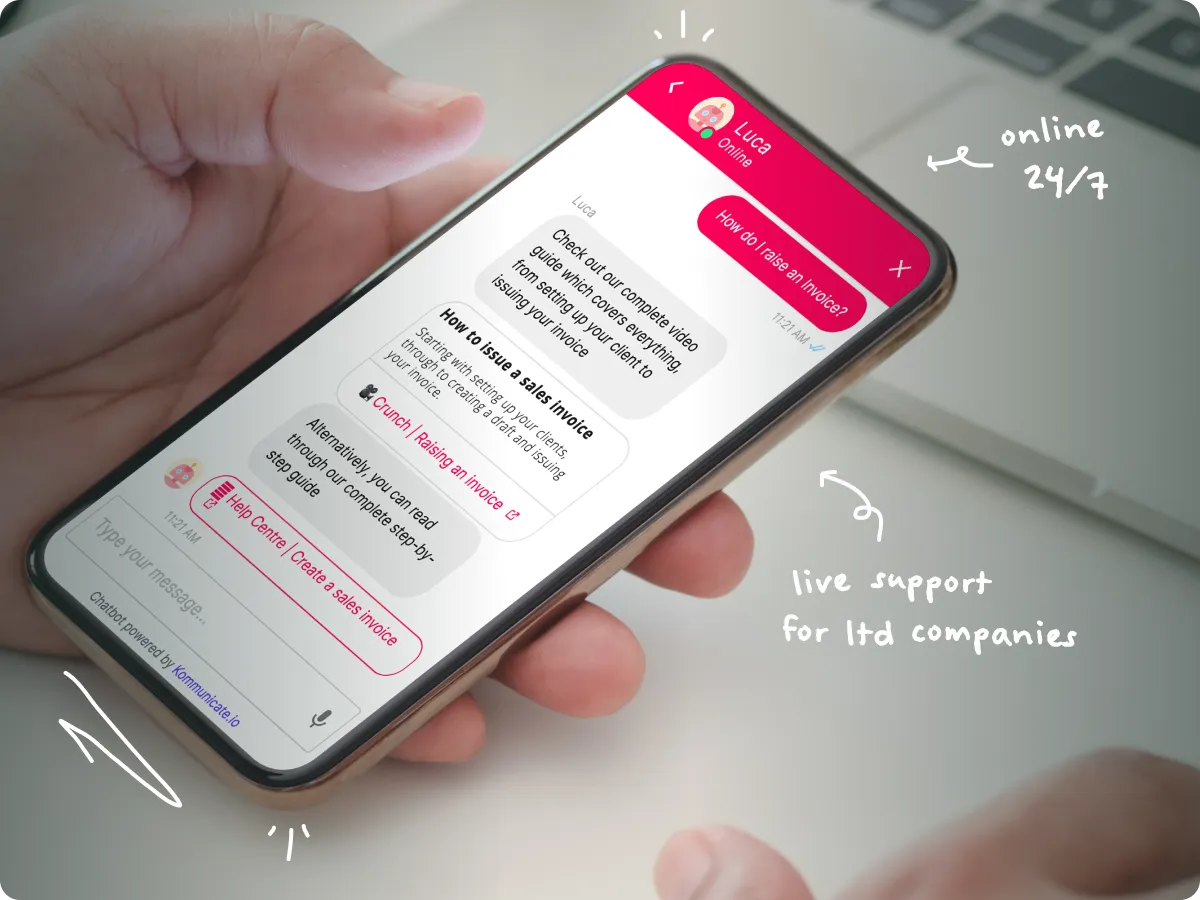With no sick pay entitlement or employer-provided sickness benefits, Income Protection Insurance – which can protect from an unforeseen shortfall in income – is a very popular policy with freelancers, and rightly so.
This article helps to set out what you need to consider when taking out this cover, and the types of policies available to you as a freelancer or contractor.
What is Income Protection Insurance?
The purpose of income protection is to replace a proportion of your lost earnings should to have to take a period of time out of work due to illness or injury. The policy would pay you a monthly income so you’re able to keep up with all your essential monthly outgoings, such as your mortgage payments and food costs.
When you set up the plan, you’ll need to select the maximum length of time that the policy could pay out for. You can choose from 12 months, 24 months, 60 months or even until your chosen retirement age, which means that the policy would pay you for as long as you need it to. If your budget allows, this last option is the gold standard; in 2016, Aviva reported the average length of claims on their income protection plan across the year sat at three years and 16 months. especially as in 2012 the insurer Aviva published an average claim length of over 9 years on their income protection plan.
You’ll also need to decide how soon you would like to start receiving the payments after becoming incapacitated, which is called the ‘deferred period’. With no sick pay, it’s natural to select the shortest period of four weeks, but if you have savings and could survive for 13 weeks, you could benefit from a premium reduction of around 40%.
Cover for sole traders
The fact that you are a sole trader doesn’t restrict your choice of policy or insurer in any way, but it’s important not to over-insure yourself. It’s usually only possible to cover up to 65/70% of your gross income (which would be paid tax-free) and many freelancers make the error of basing their level of cover on their revenue rather than their profit before tax, which is what insurers would require evidence of at claims stage.
Insurers won’t pay out a level of cover beyond their maximum percentage of income limit so be conservative with your gross income estimate, especially if your earnings fluctuate from year to year. Essentially, insurers want to make sure no-one is better off out of work than in work, since there’d then be no incentive to return to work.
Cover for Company Directors
If you are a freelancer and work through your own limited company, there’s another type of policy available to you, which is called Executive Income Protection.
An Executive Income Protection policy is owned and paid for by your business. Although the final decision would come down to your local tax inspector, it’s usually the case that the premiums paid by the business are tax-deductible. This is therefore a popular method of taking out cover for a company director (please consult your accountant for specific tax advice).
However, it’s important to note that any payout from the policy would be treated as a trading receipt and would therefore be taxable. That’s why it’s possible to cover up to 80% of your salary and dividends with executive income protection, rather than the 50% to 70% with a personal plan.
Please note that Executive Income Protection is not currently quoted online anywhere, so you would need to consult an insurance advisor to get a quote, which you may then like to compare to the premiums charged for a personal plan. Read more about Executive Income Protection in our Knowledge article.
Don’t get confused with Payment Protection
When searching for income protection online, you’ll come across a large number of different policies and, unfortunately, many of these plans will be payment protection insurance (PPI) rather than income protection. In this sense, the name ‘income protection’ can be misleading as it can refer to either policy.
There‘s nothing inherently wrong with payment protection (sometimes called accident, sickness and unemployment cover) – it’s just a significantly inferior policy to traditional income protection.
The typical benefits of income protection over payment protection include:
- A fixed length of cover where the insurer cannot cancel your policy or increase your premiums
- A payout length of longer than 12 months
- Access to ‘own occupation’ cover, where the policy will payout if you can’t do your specific job (some payment protection plans may assess your ability to undertake another role).
CORONA VIRUS UPDATE MARCH 2020 – many insurance companies are either withdrawing temporarily from offering cover or increasing rates. A big factor in this decision is their current inability to perform medical checks and/or apply to a GP Practice for copy medical reports. You should speak to your adviser as soon as possible if you would like to consider taking out one of these policies.
Talk to the experts
We’ve partnered with Seico to offer advice on all types of Life Cover, including Executive Income Protection. You can call them on 0330 335 3399 and they’ll be able to offer individual advice on the best type of cover for you.
.svg)









